When you hit 40, there are so many reasons to celebrate: You’re at the power years for your career, sex life, and confidence . But reaching that milestone birthday also means that some things become more of a challenge. At the top of that list is losing those extra pounds that sneak in when you’re middle age. This doesn’t mean you can’t be in the best shape of your life—it just means you have to work a little harder to get there. And don’t take the term middle age to heart. Just because you are in your 40’s, doesn’t mean you can’t look and feel like you’re in your 20’s or 30’s. Age is just a number!!
It’s going to be harder to lose weight as you get older. That’s just a fact of life. … But reduced metabolism in older age is a major factor, as are changes in hormones, particularly in women going through menopause
So what can you do to help give yourself a boost when you’re in your 40’s? We may not have the same routine as other dieters.
Here are some tips:
- Cut down on the amount of food eaten sufficiently to combat the tendency to put on weight
- Be very moderate in the use of meats, salts and condiments
- Drink plenty of water
- Never skip breakfast!
- Get plenty of fresh air and exercise, but avoid strenuous exertions which overfatigue and place undue strain on the heart
- Eat less at night
- Take more recreation and rest
- Cultivate mental hygiene; avoid nervous strain
- Drink green tea
- Lower your sodium intake
- Include dairy in your diet
- Eat foods high in soluble fiber
Although the same nutritive essentials—fuel, protein, mineral salts and vitamins—are required to nourish the body from the cradle to the grave, it should be emphasized that the amounts needed are less in the latter part of life, especially after seventy, than in the more active adult years.
There is no further need of tissue-building materials for growth, and the amount of these substances for tissue maintenance or repair is at a minimum. For this reason, the protein requirement in old age is reduced, while at the same time an excess of protein is more difficult for the body to handle than ever before.
The calorie requirement is also materially reduced for two reasons:
1) Less energy is used in muscular activity
2) Basal metabolism is lowered
It is far easier and wiser to cut down moderately on one’s fuel intake and take more exercise when the tendency to put on weight first manifests itself, than to try to take off excess weight by radical dieting or excessive exercising later on. This advice should not be taken to support excessive reduction in the amount of fuel foods with the desire of attaining underweight, which is fully as undesirable as overweight.
Beyond a slight reduction in the amount of fuel foods and some care to keep down the consumption of meats and other protein-rich foods, no special modification of the diet is needed during this period.
What has been recommended as the best diet for maintaining the body in health and vigor during younger years continues to be “optimum diet” in later years—namely, a diet the basis of which is milk, cereal products, fruits and vegetables, with moderate amounts of protein foods, fats and sugar. The importance of milk, whole grains, eggs and green vegetables as protective foods still holds good.
No matter your age, you have the power to look and feel great, inside and out!



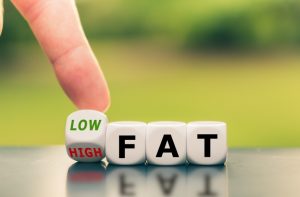
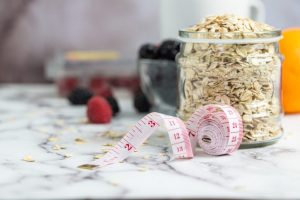
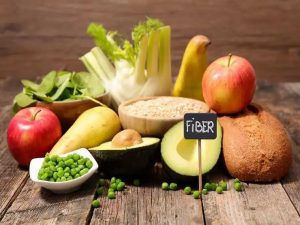
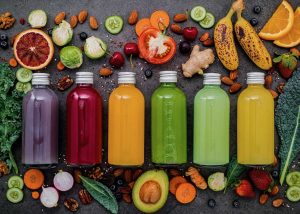

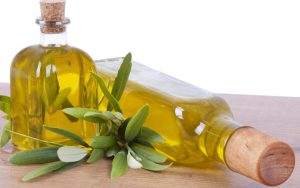



Be First to Comment